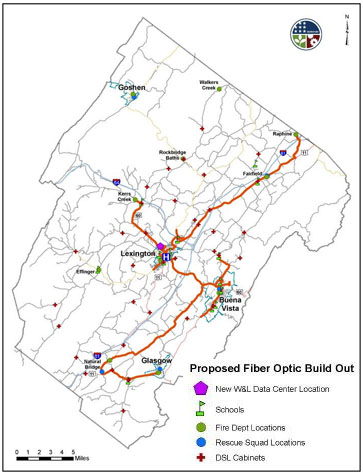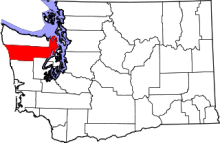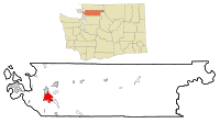New Hampshire FastRoads to Partner With Sovernet
New Hampshire FastRoads will soon be working with Vermont's Sovernet to bring access to southern New Hampshire. According to the Brattleboro Reformer, Sovernet is ready to begin offering data and voice service as soon as the fiber infrastructure is complete.
"It's really exciting because while we do some business in New Hampshire we have not been able to do anything to the extent that we will be able to do on this fiber network," said Sovernet Vice President of Sale and Marketing Peter Stolley. "Needs over the Internet are constantly evolving and this gives us a virtually unlimited amount of speed to get to people."
Sovernet managed a similar project to New Hampshire Fastroads in Vermont, but in Vermont Sovernet installed and manages the fiber network.
FastRoads' open access model will provide infrastructure on which independent ISPs will offer service to community anchor institutions, businesses, and residents in underserved areas. The $7.6 million project is about 98% finished after a year-long installation period. New Hampshire Community Development Finance Authority, Monadnock Economic Development Authority and 42 towns in New Hampshire comprise the FastRoads collaborative effort.
Carole Monroe, New Hampshire FastRoads Executive Director told the Reformer:
"This project was done to reach the most rural and least served communities in this part of the state," Monroe said. "Up to now there has been no way to bring fiber to these homes and this is a great opportunity to get them that big broadband. We think that as more people come on board it will entice growth and allow us to expand our footprint to reach more businesses and homes."
We spoke with Monroe in Episode #36 of the Broadband Bits podcast. She shared a history of the challenges facing the collaborative and how the network was already bringing benefits to the community, even before launch.









